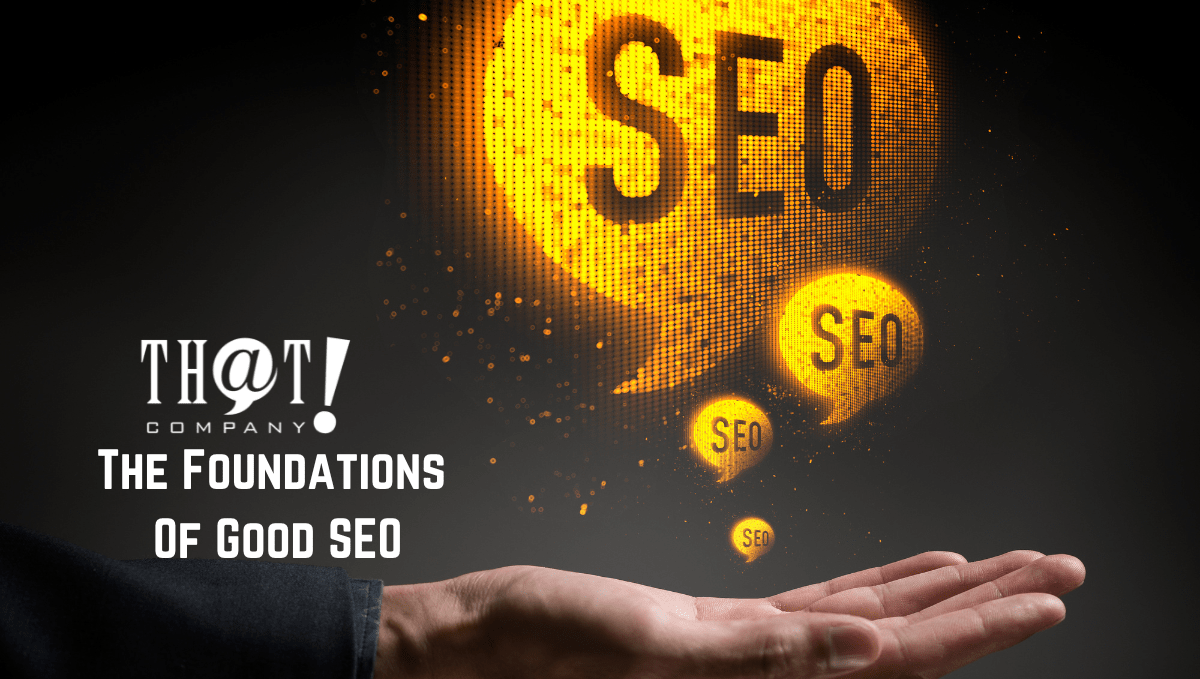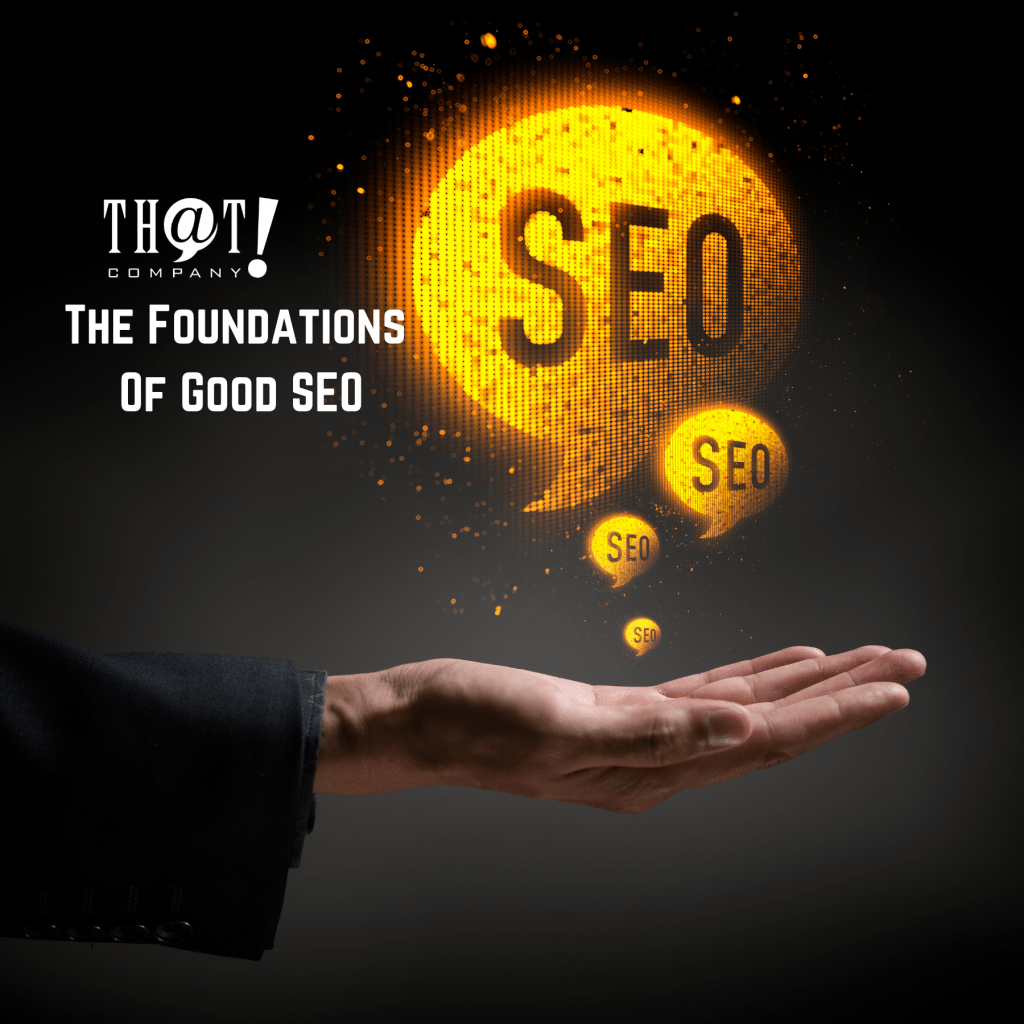
SEO has made waves in the digital marketing space. This term will always come up if you want your businesses to have an online presence. But why? What exactly is SEO, and why is it vital to at least understand the basics as a business owner? Well, strap in as we go over some of the fundamentals of SEO.
Search Engines
Search engines (SEs) are web tools that people use if they want to look for something on the World Wide Web. They’re kind of like the ultimate internet librarians. If you type a query in a search bar, these software systems go through billions of websites and countless bits of information and content, factoring in all sorts of metrics to bring you the best results possible for your query.
To do this, search engines use what is known as web crawlers. Essentially, web crawlers are bots that scour the entire internet – every single bit of text content, images, videos, etc. – and organize this information in a process called indexing. Then, based on how well the information answers a query, it is given a ranking on the search engine.
SEO
SEO, or search engine optimization, is the process or practice of improving the position of a website on search engines so that it can generate better web traffic. With SEO, the aim is to get as much traffic to a website through organic results on a search engine. An “organic” result is not paid for and comes naturally via the search engine’s algorithms. So, you could say that SEO helps websites get “picked” and “displayed” by search engines like Google or Bing. While SEO is about the search engines themselves. It is also about the users of those engines. The “searching behavior” of users influences the way that search engines display results. It’s about determining what people want, what questions they’re asking, what search language they’re using, and what websites (and the content therein) can provide those answers. Search intent is a term used to describe the main goal of the one conducting a search. As a site owner, it’s essential to know your audience, what they need, and how you can provide solutions to satisfy those needs. However, that is only half of the work. The other half lies in “grooming” your website to give search engine web crawlers (bots that scour the web and index the content) an easy time figuring out that your content is the best answer to their searchers’ queries.SERPs
 SERPs, also knowns as search engine results pages, are the pages that come up when you conduct a search on a search engine. SERPs contain two types of content, known as organic results and paid results. As mentioned, generating organic results is the goal of an effective SEO strategy. These are “free” as you don’t pay any advertising or marketing fee to have your webpage or content show up in the SERPs.
A typical organic listing appears in the familiar blue text on results pages. A paid result does have the same blue text but with a little box underneath labeled “Ad.” Paid results are typically displayed at the top of SERPs, with organic results coming after. Naturally, even if organic results come after paid results, people respect them and trust them more because they earned their spots.
SERPs, also knowns as search engine results pages, are the pages that come up when you conduct a search on a search engine. SERPs contain two types of content, known as organic results and paid results. As mentioned, generating organic results is the goal of an effective SEO strategy. These are “free” as you don’t pay any advertising or marketing fee to have your webpage or content show up in the SERPs.
A typical organic listing appears in the familiar blue text on results pages. A paid result does have the same blue text but with a little box underneath labeled “Ad.” Paid results are typically displayed at the top of SERPs, with organic results coming after. Naturally, even if organic results come after paid results, people respect them and trust them more because they earned their spots.
SERP Features
While we do have regular organic or paid results, there are also what are known as SERP features. These are special results that go beyond the typical format of blue links. The most common ones include the following: Featured Snippets – results that appear above organic results and include a snippet of text or a video taken from a website that provides a direct answer to a search query. Knowledge Panel – a panel of information about an object, place, person, or entity that is shown on the righthand of the screen. People Also Ask – automatically generated questions Google deems related to the initial search. Videos – video results related to the search query. Local Pack – results that appear if there is local intent in the search query, like when you search for “Indian restaurant.” This signals to Google that there is an intention to find an Indian restaurant in your area. The results that appear commonly include the restaurant’s name (this may be a paid result), a map of the restaurant’s location, ratings, operating hours, and contact information. Remember that certain SERP features are organic and can be influenced by SEO, while others cannot. [bctt tweet=” With SEO, the aim is to get as much traffic to a website through organic results on a search engine.” username=”ThatCompanycom”]The Importance of SEO
 Google alone has over 5.6 billion searches conducted on its search engine daily, which is about 63,000 searches per second. That’s a big audience! This means that even if you can obtain traffic through paid ads on platforms like YouTube or Facebook, the traffic to your site that can potentially be gained through search engines is much higher.
Google alone has over 5.6 billion searches conducted on its search engine daily, which is about 63,000 searches per second. That’s a big audience! This means that even if you can obtain traffic through paid ads on platforms like YouTube or Facebook, the traffic to your site that can potentially be gained through search engines is much higher.
SEO vs PPC
PPC stands for the “pay-per-click” model of advertising. It refers to online ads that a publisher like Google earns whenever someone clicks on them. Here are some statistics to keep in mind when deciding on SEO or PPC:- Over 53.6% of all site traffic is from organic search results
- 70-80% of searchers ignore paid ads
- Over 50% more paid ad visitors are converted compared to organic visitors
- 75% of users that do click on search ads say that this way makes it easier for them to find what they’re looking for
SEO Agency or DIY?
If you wonder whether you should hire an SEO professional, white label branding services, or a consultant, that depends on your situation. One of the great things about SEO is that there are a ton of resources out there that provide you with all the information you need to do your own SEO. With the digital market booming as it is, it’s certainly a skill set that is worth investing in. However, some people don’t have the resources to invest in learning SEO from the ground up. In that case, hiring an in-house SEO expert or contracting private label SEO services could be the smart, economical solution for you.
Note: Be vigilant when choosing SEO service providers. It would be wise to decide on an agency or company based on their previous work or reputation. Make sure they abide by SEO best practices and techniques and won’t resort to SEO strategies that can potentially get your website penalized. Sometimes, SEO done wrong is worse than no SEO at all. This is one area where familiarity with SEO is vital, even if this means that you need to hire a professional.
One of the great things about SEO is that there are a ton of resources out there that provide you with all the information you need to do your own SEO. With the digital market booming as it is, it’s certainly a skill set that is worth investing in. However, some people don’t have the resources to invest in learning SEO from the ground up. In that case, hiring an in-house SEO expert or contracting private label SEO services could be the smart, economical solution for you.
Note: Be vigilant when choosing SEO service providers. It would be wise to decide on an agency or company based on their previous work or reputation. Make sure they abide by SEO best practices and techniques and won’t resort to SEO strategies that can potentially get your website penalized. Sometimes, SEO done wrong is worse than no SEO at all. This is one area where familiarity with SEO is vital, even if this means that you need to hire a professional. Final Thoughts
Google is a search engine that supports SEO efforts, individually or as a community. Its Search Engine Optimization Starter Guide provides you with the essentials to get you up and running. In fact, search engine representatives even frequent certain digital marketing events.
Google’s Search Central Help Community is a forum where users can ask SEO-related questions and receive helpful feedback.
Google also has its Webmaster Guidelines, where it lays out its guidelines for finding, indexing, and ranking content. If you’re considering taking up SEO for Google, be sure to read this document thoroughly to know the recommended beneficial practices as well as those that might potentially get your site removed from the Google SERPs.






























